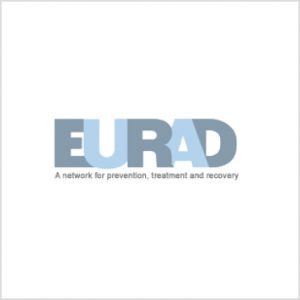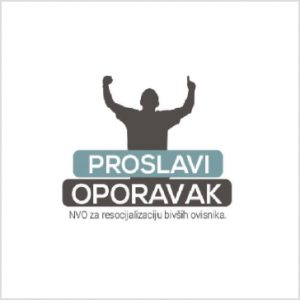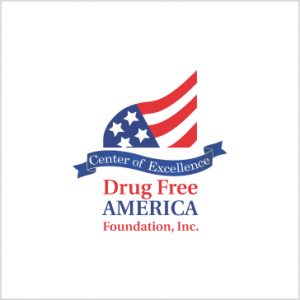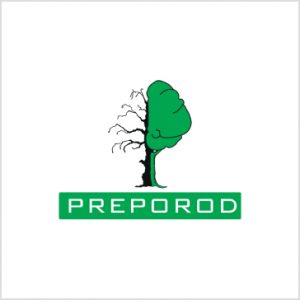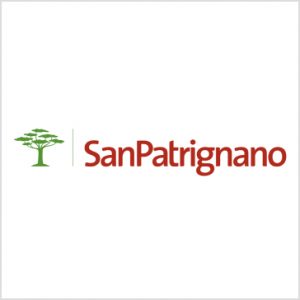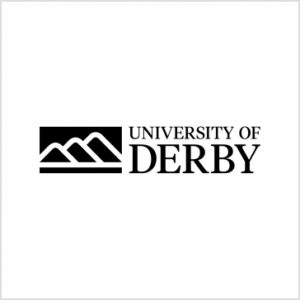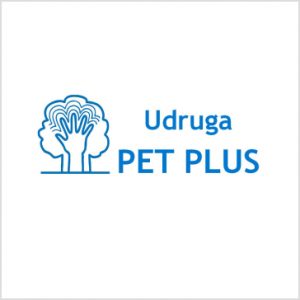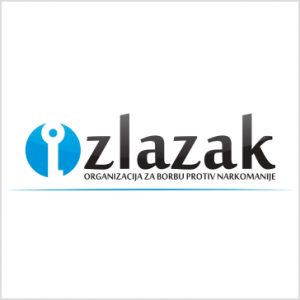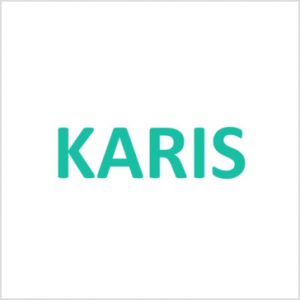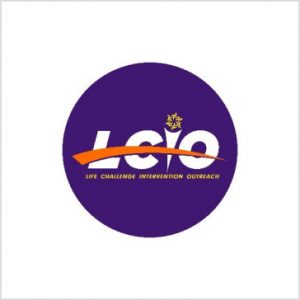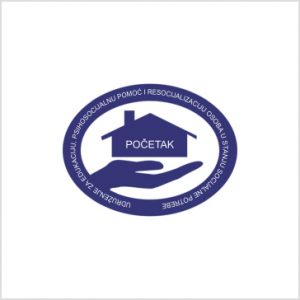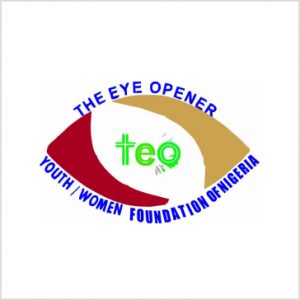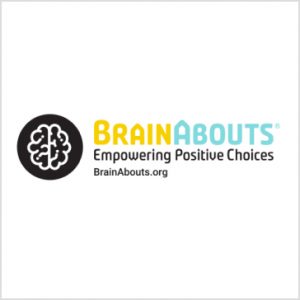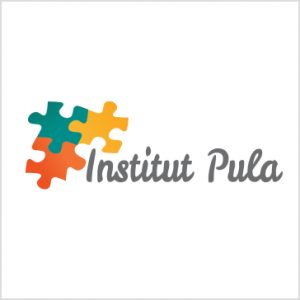62nd Session of the Commission on Narcotic Drugs and its Ministerial Segment have brought together more heads of state and government, ministers and other high-level officials, as well as more participants, than ever before.
From 14 to 22 March, UN hosted more than 2,400 participants, with 140 Member States, nearly 100 civil society organizations and more than 200 international and regional partners.
The Ministerial Segment of the Commission on Narcotic Drugs was organized to review and analyse the consequences of the drug policies, and it took place on March 14-15 at the United Nations Office in Vienna (Austria) with attendance from many high-level representatives and over 30 high-ranking officials of many countries worldwide.
The Ministerial Declaration forges a common path for the next decade, based on an agreed framework, and brings all relevant stakeholders together to accelerate implementation of the goals and operational recommendations contained in the 2009 Political Declaration and Plan of Action, the 2014 Joint Ministerial Statement and the 2016 UNGASS outcome document.
It is committed “to safeguarding our future and ensuring that no one affected by the world drug problem is left behind” and “placing the safety, health and well-being of all members of society, in particular our youth and children, at the centre of our efforts”, with a balanced, health- and rights-based approaches to drug supply and demand that, most of all, put people first.
The new political commitment recognizes the role played by civil society organizations and is committed to including them in strategies to counter the world drug problem at all levels.
The Ministerial Segment had a great representation and participation of civil society and Chairman of the Vienna NGO Committee on Drugs spoke at the opening ceremony. Alos the VNGOC hosted Annual General Assembly, and representatives elected new Board. EURAD board member Zoran Jelic has been selected to serve as a Board member of VNGOC.

Apart from the plenary session, two round tables took place. The Civil Society Task Force on Drugs was in charge of selecting among more than 80 applications, two representatives of civil society to participate as speakers and four more to contribute their views to the round tables. EURAD has been a member of Civil Society Task Force working towards the UNGASS2016 and High Level Meeting as a representative of the Western Europe region. CSTF members recently published the results of the Global Civil Society online Consultation which had an impact on the preparation of the Ministerial Declaration.
Our side events
Civil Society organizations have organized nearly 100 side events at this CND and around 7 events have been scheduled at the same time.
EURAD and RUN co-sponsored a side event “Recovery Cities – Creating Sustainable Partnerships within the City” organized by our affiliate Celebrate Recovery/Proslavi Oporavak in co-sponsorship with Aspire – Drug & Alcohol Service Doncaster and Sheffield Hallam University from the UK and the City of Gothenburg, Sweden. The event presented the Recovery Cities model which aims to create sustainable connections and networks at a city level.


EURADs affiliate San Patrignano hosted a side event in collaboration with Recovered Users Network (RUN) and the Green Crescent Society. The event entitled ”Recovery from drugs: How it can become an asset for society, promoting cultural change, recovering human and economic resources” explored how tailored recovery approaches contribute to eliminating stigma while positively impact society.

Recovered Users Network (RUN) cosponsored a side event “Drug policy advocacy efforts – looking at underutilized populations to advocate for policy change” organized by the Drug Free America Foundation in collaboration with the Slum Child Foundation.

By Mulka Nisic



